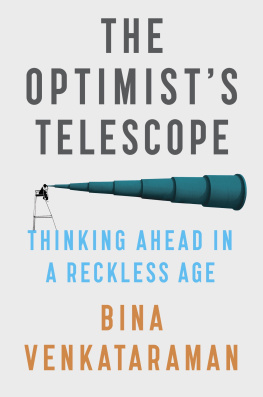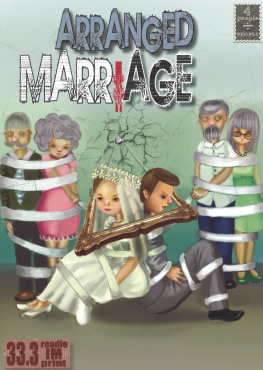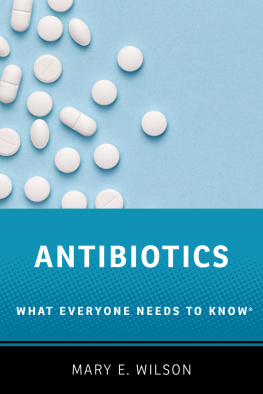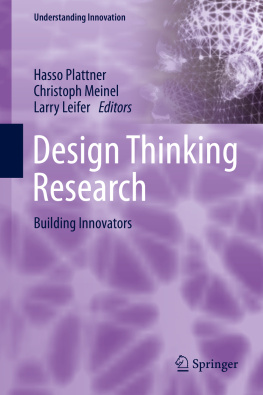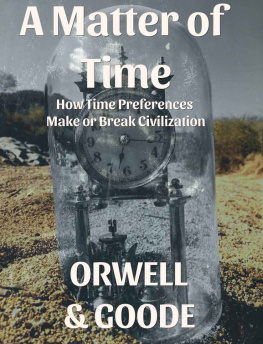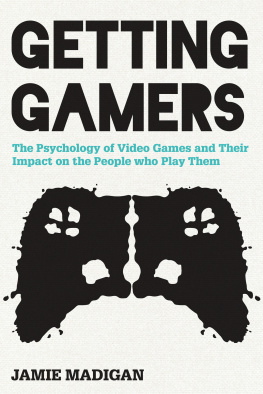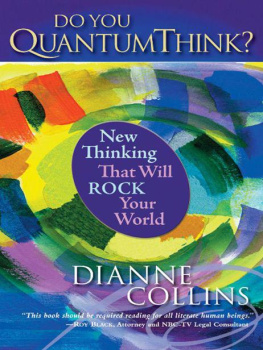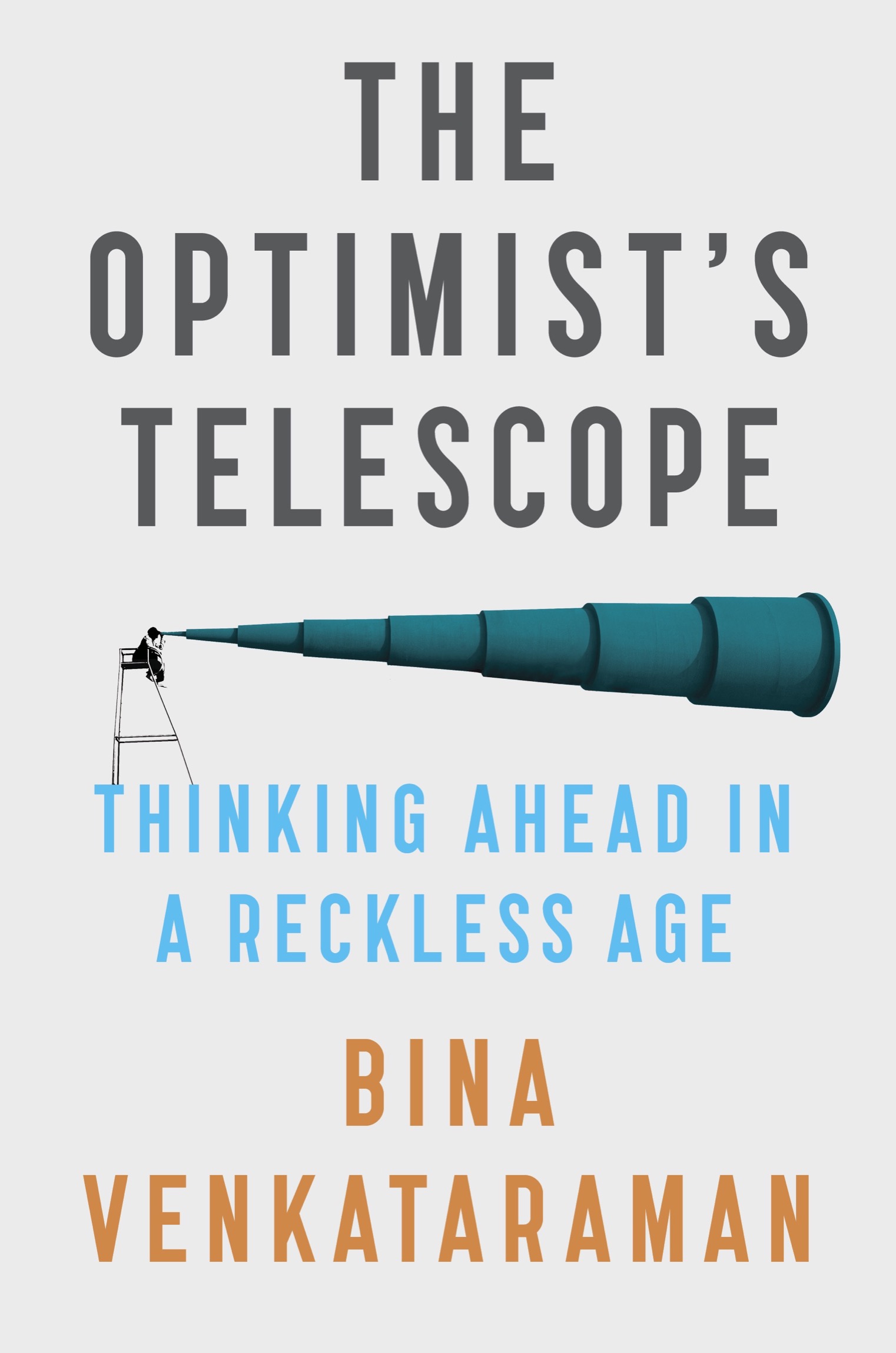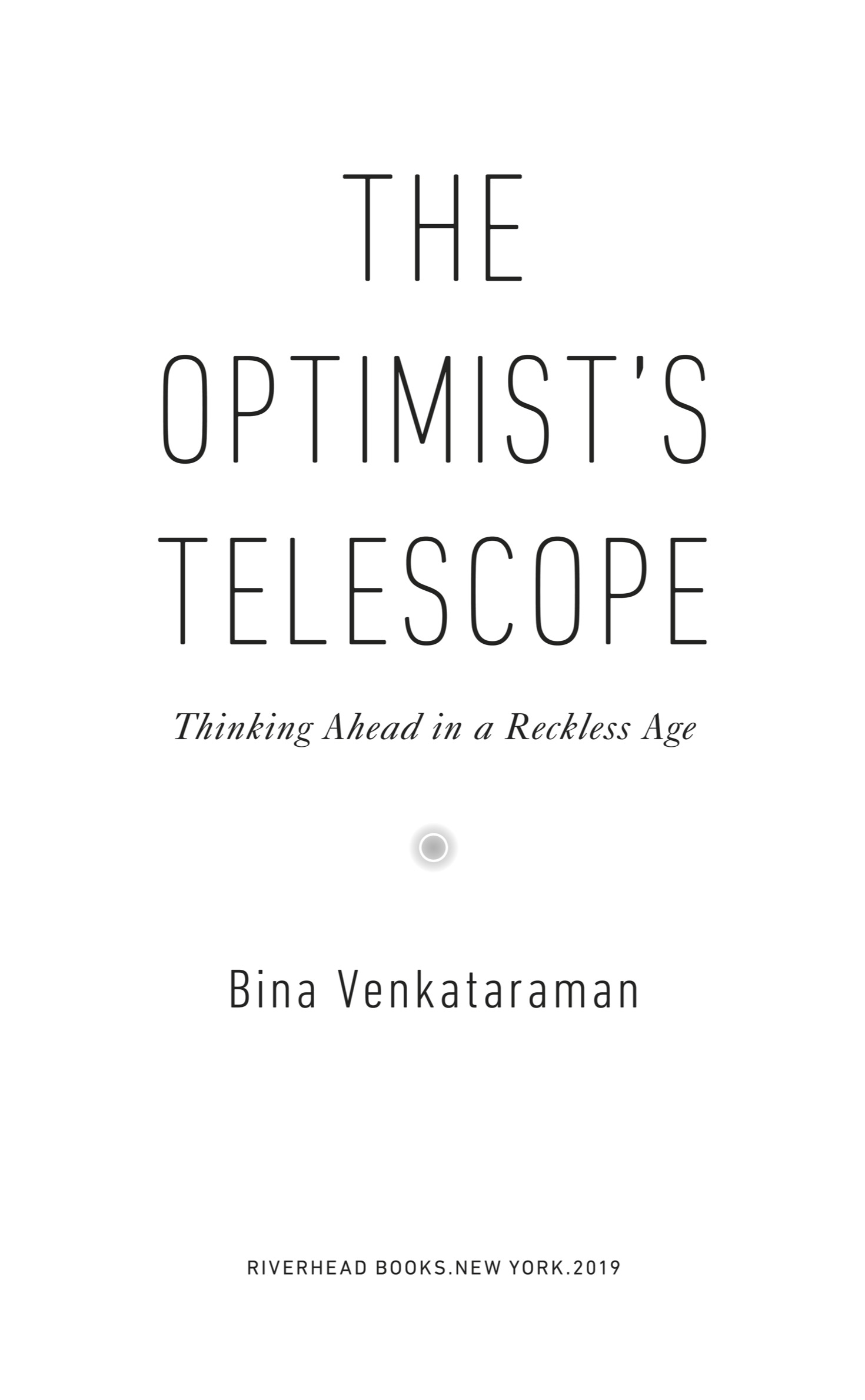
R IVERHEAD B OOKS
An imprint of Penguin Random House LLC
penguinrandomhouse.com

Copyright 2019 by Bina Venkataraman
Penguin supports copyright. Copyright fuels creativity, encourages diverse voices, promotes free speech, and creates a vibrant culture. Thank you for buying an authorized edition of this book and for complying with copyright laws by not reproducing, scanning, or distributing any part of it in any form without permission. You are supporting writers and allowing Penguin to continue to publish books for every reader.
A version of the story about the dilruba handed down from the authors great-grandfather (chapter 9) appeared in New America Weekly and Pacific Standard.
Haiku of lssas [In this world / We walk on the roof of hell / Gazing at flowers] from: The Essential Haiku: Versions of Basho, Buson & Issa, edited and with an introduction by Robert Hass. Introduction and selection copyright 1994 by Robert Hass. Reprinted by permission of HarperCollins Publishers. Robert Hass, The Essential Haiku: Versions of Basho, Buson and Issa (Ecco, 2013; Bloodaxe Books, 2013). Reproduced with permission of Bloodaxe Books. www.bloodaxebooks.com.
Library of Congress Cataloging-in-Publication Data
Names: Venkataraman, Bina, author.
Title: The optimists telescope : thinking ahead in a reckless age / Bina Venkataraman.
Description: New York : Riverhead Books, 2019. | Includes bibliographical references and index.
Identifiers: LCCN 2018046076 (print) | LCCN 2018046851 (ebook) | ISBN 9780735219496 (ebook) | ISBN 9780735219472 (hardcover)
Subjects: LCSH: Decision makingSocial aspects. | RiskSociological aspects. | Forecasting.
Classification: LCC BF448 (ebook) | LCC BF448 .V46 2019 (print) | DDC 153.8/3dc23
LC record available at https://lccn.loc.gov/2018046076
While the author has made every effort to provide accurate internet addresses at the time of publication, neither the publisher nor the author assumes any responsibility for errors, or for changes that occur after publication. Further, the publisher does not have any control over and does not assume any responsibility for author or third-party websites or their content.
Version_1
For my parents, who crossed oceans for the sake of the future
Not everything that is faced can be changed, but nothing can be changed until it is faced.
JAMES BALDWIN
Thats a problem for future Homer. Man, I dont envy that guy.
HOMER SIMPSON
PREFACE
One summer morning several years ago, I went for a hike in the Hudson Valley, an idyllic landscape of wooded hills and wide pastures along the Hudson River just north of New York City. A trail took me through a meadow where I spotted a red-tailed hawk soaring overhead, and past a waterfall whose banks teemed with ferns. The next day, I returned to Washington, D.C., where I was living, and noticed a rash on the back of my leg. It was itchy and crimson, and a bump at the center looked like a spider bite.
I snapped a photo with my phone and made a mental note to get the rash checked by a doctor. At the time, I was working sixteen-hour days and rushing from deadline to deadline on little sleep: As silly as it might sound, the thought of taking an hour to go to a clinic seemed out of the question. Weeks went on, and the rash faded from my skin and my memory.
Eight months later, my knee swelled to the size of a grapefruit, and I discovered I had a bad case of Lyme disease that would take months to treat. I spent a brutal winter in Boston on crutches. I injected myself with a daily IV drip of medication until I finally got better. The tick that had bitten me that day in the woods had not left a telltale bulls-eyebut I actually knew that this was common. Years before, as a science journalist, I had written articles about the spread of Lyme disease. I knew that the Hudson Valley counties had the highest infection rates in the country.
Why had I chosen to ignore the warning signs? As I recovered, the question haunted me. The minor inconvenience of seeing a doctor right after my hiking tripto treat the infection before it spreadcould have spared me months of pain, and what turned out to be permanent knee damage. Or I could have just taken the precaution of wearing bug repellent and protective clothing.
As much as I knew about the disease, however, I just couldnt see myself ever getting it. I had gone on hundreds of hikes and had never had a tick bite, let alone any kind of infection. Outdoors, in my teens and twenties, I had been something of a daredeviljumping off seaside cliffs, climbing trees, scaling steep rock faces. I suffered from delusions of invincibility.
I know Im not alone in having made a mistake like this. Nor am I alone in feeling the subsequent regret. Anyone who has ever tried to warn a friend against dating someone bound to break her heartor told a teenage driver not to speedknows the pattern. Its a curious glitch in human behavior: Smart people make reckless decisions, despite clear warnings.
This conundrum is something I have faced not just in my personal life but also in my work. In one way or the other, for the past fifteen years, Ive tried to warn people about threats that lie ahead. When I was a journalist, I wrote articles that alerted the public to the coming dangers of pandemics and wildfires, of what would happen to farms when reservoirs dried up. I teach college students at MIT how to do what I doshare scientific information with wider audiences for the sake of helping them make better decisions about the future.
The stakes got especially high when I went to work in the White House in 2013, where my job was to convince mayors, business leaders, and homeowners that they should get ready for a future of rising seas and deadly heat waves, of persistent droughts and biblical floods.
As I did this work, I often found myself failing to persuade people to take action. I got stuck in the same place over and over, as if I were running into a traffic jam no matter the route I took: Like me, most people didnt think much about distant consequences when making decisions. Families bought houses because the mortgage payments were low today, not weighing the downstream cost of flood damage. Food company executives boosted immediate profits for their shareholders rather than investing to protect farms from later droughts. Politicians, of course, spent far more energy plotting reelection that year than protecting their city or state for the next ten years.
I couldnt really blame any of them, because their decisions made perfect sense to them at the time. And I knew I wasnt any better at heeding warning signs myself.
For decades, Ive watched communities learn about perils the hard wayby living through them. Only when severe droughts struck California and Cape Town, South Africa, and floods submerged Houston and Mumbai did residents and leaders in those places take the costs of such foreseeable disasters seriously. It was not just a matter of heeding warnings but of people, businesses, and communities being able to deeply consider the future consequences of the decisions they made every day.

